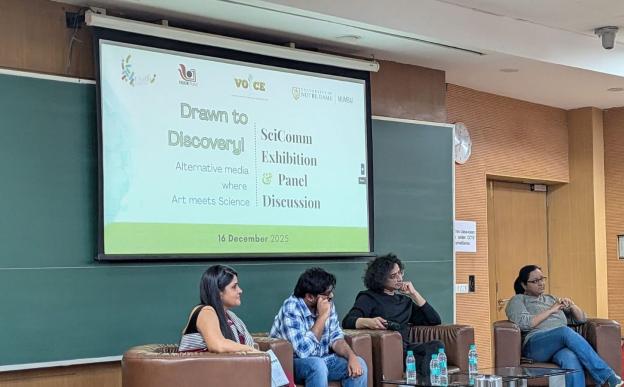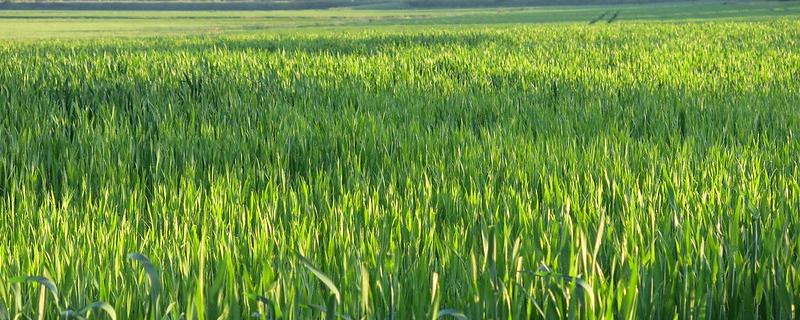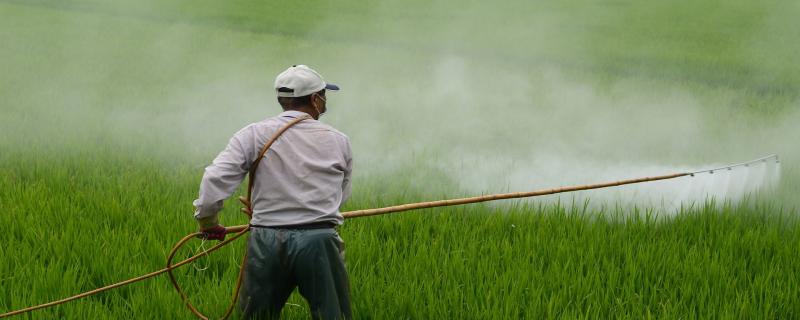Carbaryl is one of the commonly used pesticides for agricultural as well as non-agricultural use. But like any other insecticide, higher concentrations of Carbaryl in the soil can have adverse effects on humans and other organisms. The need to completely remove it from the environment or break it down into less harmful substances is of primary importance. Researchers from the Indian Institute of Technology Bombay (IIT Bombay), and Institute of Genomics and Integrative Biology (CSIR-IGIB), Delhi, have achieved a significant breakthrough in identifying bacteria which can clean up this pesticide from the environment and understanding exactly how the breakdown occurs.


